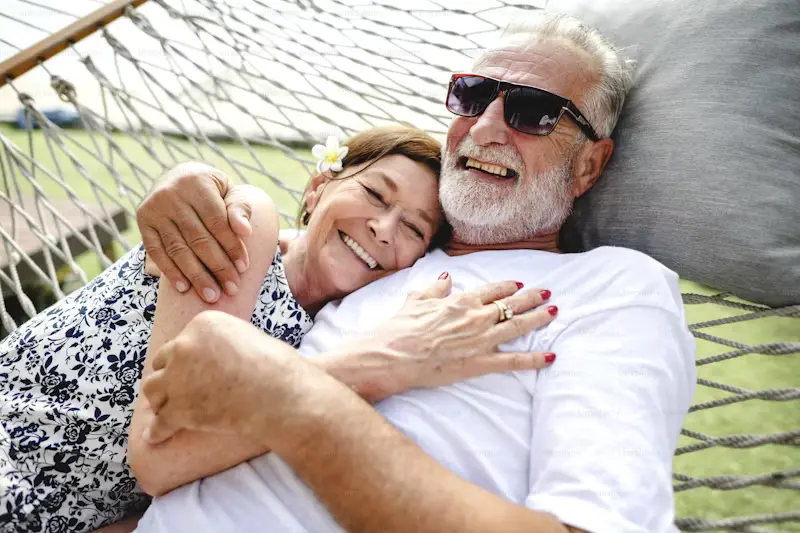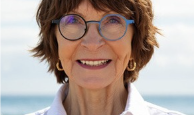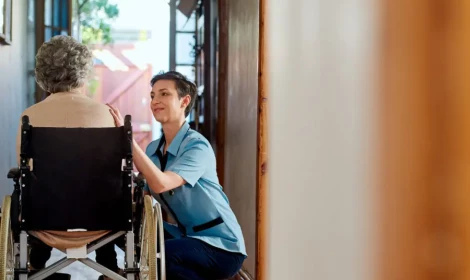Navigating Sexual Health in the Over-85 Population
The term sexual health is rarely considered in discussions focusing on older adults over the age of 85. However, engagement in sexual relations or being emotionally intimate may continue to be of great value to older age groups.

The term sexual health is rarely considered in discussions focusing on older adults over the age of 85. However, engagement in sexual relations or being emotionally intimate may continue to be of great value to older age groups. In the present context, as people’s lifespan increases and cultural norms change, it becomes essential to think about the sexual health concerns of this age group.
Understanding Sexuality Beyond 85
With regards to sexuality of older adults, it is not only about having sexual acts—it also involves emotional relationships, physically being close to someone, and caring about them. For many people over 85 years it may be important to help and sustain such intimate relationships as it contributes to positively beautiful enhancement of life satisfaction and mood. Sadly, negative social norms and beliefs regarding ageing often create a false impression that the older generation is devoid of any sexuality or does not wish for any such engages, which is not the case.
A considerable number of these adults still have sexual fantasies, indulge in sexually related actions, or even seek people in intimacy although they face problems of old age that hinder sexual health. These problems include, amongst others, medical illnesses, cognitive ageing, the adverse effects of treatment, and lack of other people’s participation.
Common Sexual Health Concerns in the Over-85 Population
- Physical Changes and Sexual Function: Changes related to the normal aging process can affect sexual function. The most common sexual problem in older men is erectile dysfunction. For women, there may be insufficient lubrication, pain during intercourse, or decreased interest in sex due to lower levels of estrogen. Nonetheless none of these changes entail per se the cessation of orgasmic activity. All medications, lubricants and other interventions can address these problems.
- Chronic Illness and Sexual Health: It is not unusual for some of the people over 85 to have chronic conditions such as diabetes or heart disease, or arthritis among others that have bearing on the sexual act. More so, the treatment of these conditions may require certain medications whose side effects may interfere with sexual drive or performance. Still, many elderly people adjust and manage to be intimate with others, be it through non-sexual skin contact, talking to someone or other ways of sexual expressions.
- Cognitive Decline: Cognitive impairment, such as dementia or Alzheimer’s disease, can lead to difficulties in relationships, especially the physical aspects of such relationships. Furthermore, although this is uncommon, patients who experience cognitive decline may act out sexually inappropriately or exhibit states of confusion or other changes regarding their sexual interests. In all situations where sexual health needs are to be addressed, it is rather critical that family and caregivers understand these matters compassionately and ensure that dignity is preserved.
- Psychological Factors: Factors such as social isolation, the death of a partner, geriatric depression, and anxiety are problems that can be noted in these older people and also have an adverse effect on sexual health. These emotional issues might trigger a drop in intimacy levels. It helps to combine support from practitioners with social activities.
- Sexually Transmitted Infections (STIs): Older adults are likely to believe that they are not at risk of infections. Despite this myth, older population is also prone to STIs. Also, there has been a rise of STDs among older people due to lack of information and methods to prevent. With a doctor’s recommendation, these lessons should not be contraindicated to people aged 85 years and above.
Promoting Sexual Health and Well-being
Those over 85 require an integrated response which addresses sexual health and includes health practitioners, family, care providers and patients.
- Open Communication: Discussing sexual health issues is mostly forgotten when one advances in age. Society needs to blatantly create the need for these conversations. Healthcare workers are to include sexual health without being directed on how to include it in the routine visits as sexual health is central to one’s wellbeing irrespective of their age.
- Education and Awareness: Enlightening seniors on how to practice safe sex, how the body functions sexually, and how medications work can ensure their participation in relevant activities. Stereotypes that associate old age with certain characteristics can also be suppressed by campaigns that seek to raise awareness of the harm of old age.
- Tailored Healthcare: Patients’ treatment plans must integrate sexual wellness into the wider picture of healthcare. This might mean providing patients with means of addressing erectile disorders or prescribing post-menopausal hormone therapies or other forms of mental wellbeing support.
- Emotional and Social Support: Older individuals are encouraged not to isolate themselves and look for activities that boost self-esteem, and even relationships, which can promote a healthy sexual atmosphere.
Conclusion
Sexual health cannot be ruled out even in elderly persons above 85 years of age. By taking care of the various spheres of a person on a particular age, we are able to achieve a better health and quality of life among a specific group of people. Societal misunderstandings should be disregarded and the notion that older persons are not entitled to any sexual care should be disbanded. This view enables better facilities and improvements in the quality of life for elderly people.





